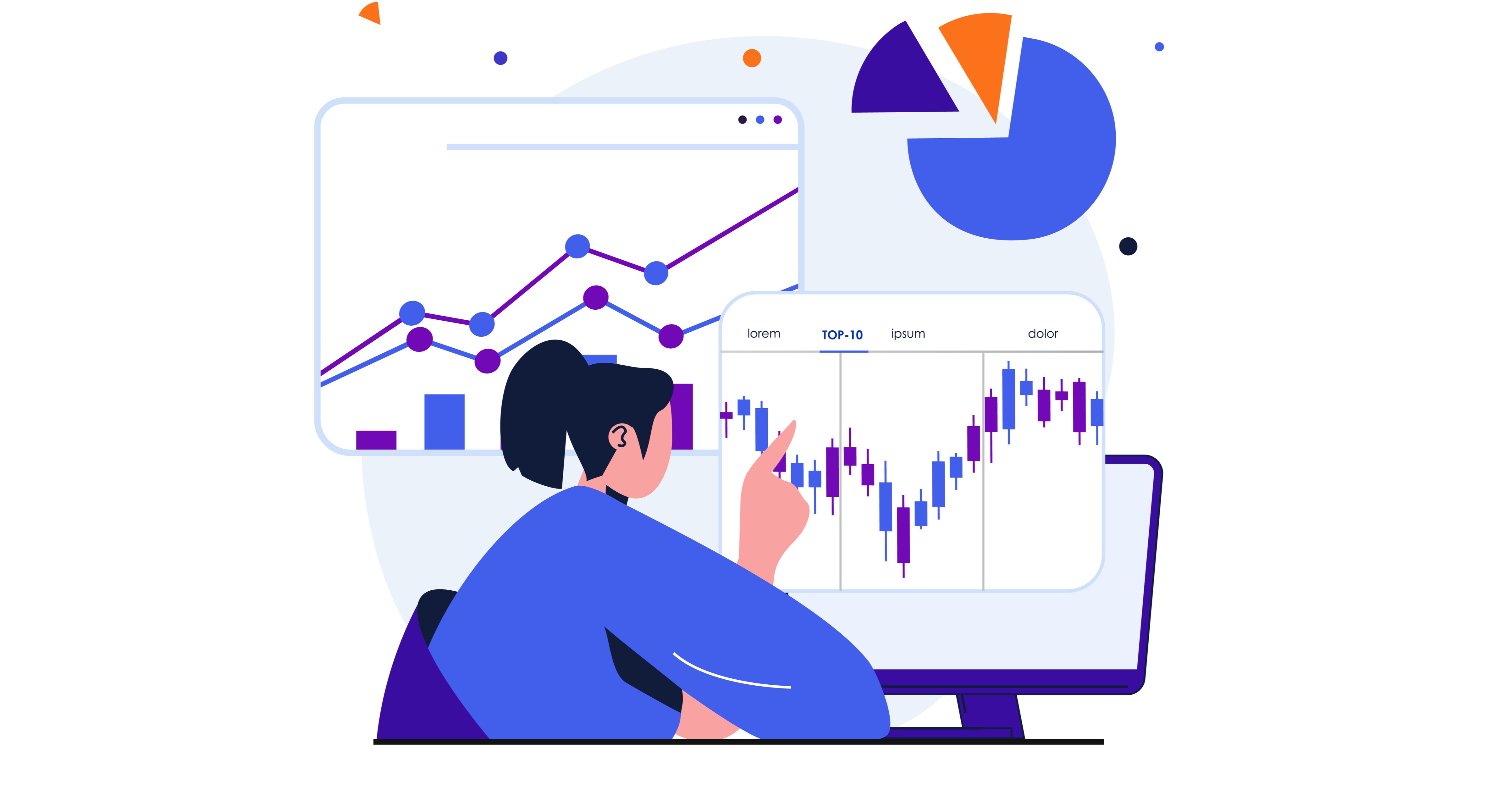



Data-driven decision-making is essential for all business operations, and marketing is no exception. With the rise of AI and advanced analytics technologies, data analytics in marketing has become widely accessible to help companies leverage timely insights to take impactful actions.
Let's explore how to tap into the power of data science in marketing to drive engagement and conversions and how an experienced digital marketing agency can help you turn data insights into tangible outcomes.
Data science in marketing has advanced by leaps and bounds. New tools and platforms have made it easier to support data-driven decision-making without hiring a large team of analysts. Here are five ways healthcare SaaS companies can tap into the power of data analytics in marketing to achieve their goals.
Google found that 90% of leading marketers say personalization significantly contributes to business profitability, while 61% of people expect brands to tailor experiences based on their preferences. In the B2B space, personalization is critical in everything from email marketing and website experience to digital advertising and content marketing.
You may leverage your customer database, third-party sources, and big data to support a marketing personalization strategy. Data analytics in marketing can help you deliver the right message to the right prospects at the right time to generate leads, nurture relationships, and progress prospects down the marketing funnel.
A healthcare SaaS marketing agency enables data-driven decision-making by monitoring the effectiveness of your personalization tactics. For example, it can analyze click-through rates, conversion rates, revenues, return on investment (ROI), and cost-revenue ratio to make targeted improvements.
B2B buyers expect to interact with vendors via any touchpoint, wherever and whenever it is most convenient for them. McKinsey found that B2B customers regularly use ten or more channels to communicate with suppliers. Engaging your prospects and customers via multiple touchpoints and delivering a seamless experience is now table stakes.
Data analytics in marketing leverages information collected via websites, emails, SEO, social media, mobile apps, etc., to generate customer insights. An experienced agency also helps you connect customer behavioral data, purchase history, and firmographic information across platforms to deliver a seamless buyer experience.
So, how do you know an omnichannel approach is successful? Many marketing platforms have built-in analytics features. You may assess a campaign’s impact on brand awareness by measuring cost per impression and website traffic or determine how effectively you’re turning prospects into buyers by collecting data on cost per acquisition.
B2B buyers spend 70% of their buying journey researching independently before talking to vendors. Meanwhile, 67.6% of all the clicks on search engine results pages (SERPs) go to the first five results on the first page. Ensuring your website appears at the top of relevant SERPs by incorporating SEO best practices is critical for attracting more prospects.
Analyze your website traffic and customer data to identify keywords and create content that will drive high-quality traffic. Implement on-page optimization, backlinking, third-party reviews, etc., and monitor your SEO performance to understand the tactics’ effectiveness and refine your approach.
SEO is a fast-changing discipline. An experienced agency helps you leverage data analytics in marketing to respond to shifts in market trends, customer demands, and search engine algorithms. It also tracks relevant metrics and provides reports on organic sessions, keyword ranking, conversion rate, bounce rate, and more to evaluate SEO success.
The inbound methodology is particularly effective for B2B healthcare marketing because it addresses the entire buyer's journey. You can leverage customer data to deliver the right content to the right people at the right time to improve engagement, cultivate loyalty, build advocacy, and increase retention rates.
Measure customer lifetime value (CLV) and churn rate to understand the impact of your strategy on customer retention and loyalty. An experienced marketing agency can also gauge brand advocacy by tracking the Net Promotor Score (NPS) and monitoring online reviews and mentions.
Other metrics you should analyze to support data-driven decision-making include:
Pay-per-click (PPC) ads allow you to deliver highly targeted marketing messages to specific audiences. You can leverage user data and segmentation capabilities on advertising or social media platforms (e.g., Google and LinkedIn) to reach audiences with high purchase intent and drive high-quality traffic.
Leverage data science in marketing to analyze user behaviors and monitor keyword performance. These insights help ensure that your ads are attracting high-quality leads and driving conversions throughout the buyer’s journey.
Continuous and targeted improvements are the key to success. An agency analyzes and reports on metrics like click-through rate, quality score, cost per click, cost per acquisition, conversion rate, average position, monthly attainment, and more to monitor campaign performance and optimize your budget.
A healthcare marketing agency with the experience, expertise, and technologies to support data analytics in marketing helps you leverage customer insights to maximize your outcomes.
Your agency partner should have an in-depth understanding of the healthcare industry and end-to-end B2B marketing process. It should stay ahead of market trends, track KPIs based on your marketing objectives, provide regular reporting with data-driven insights, and help you understand the short-term and long-term implications of those metrics to guide decision-making.
At Spot On, our healthcare software digital marketing services are built on a proven data-driven inbound marketing process to help our healthcare SaaS clients optimize their online marketing budgets. Schedule a chat and see how we can help you leverage data insights to drive success.


Rebecca Graves co-founded Spot On in 2012. As a partner and leader of client services, she takes immense pride in being in charge of “client happiness.” The role allows her to wield her problem-solving skills while fostering big-picture perspectives and team building. Rebecca’s more than 35 years of experience have equipped her to translate strategic planning expertise for the advancement of tech companies transforming the healthcare, financial, and legal industries.
Get the latest and greatest posts sent straight to your inbox.


